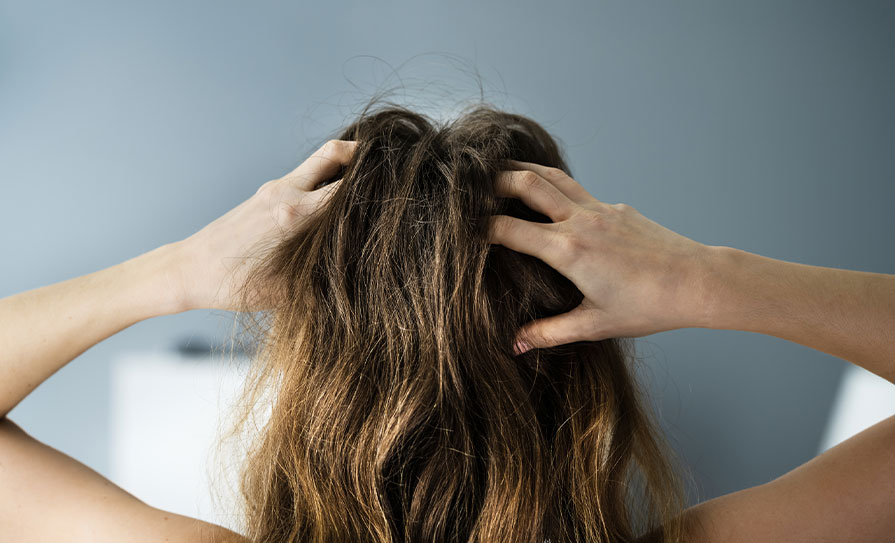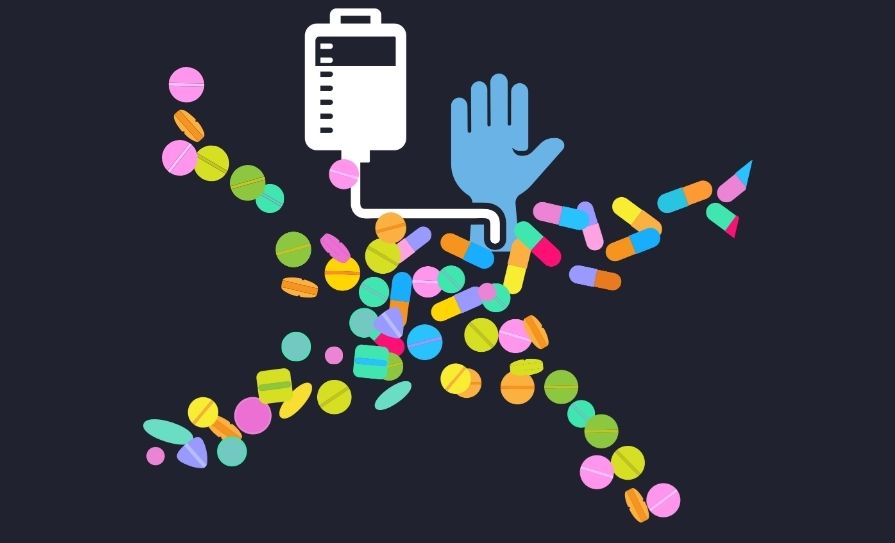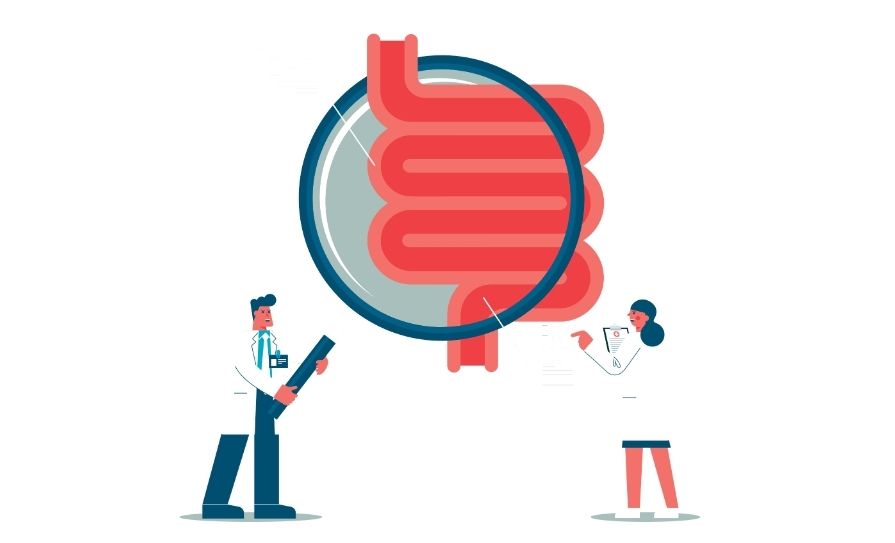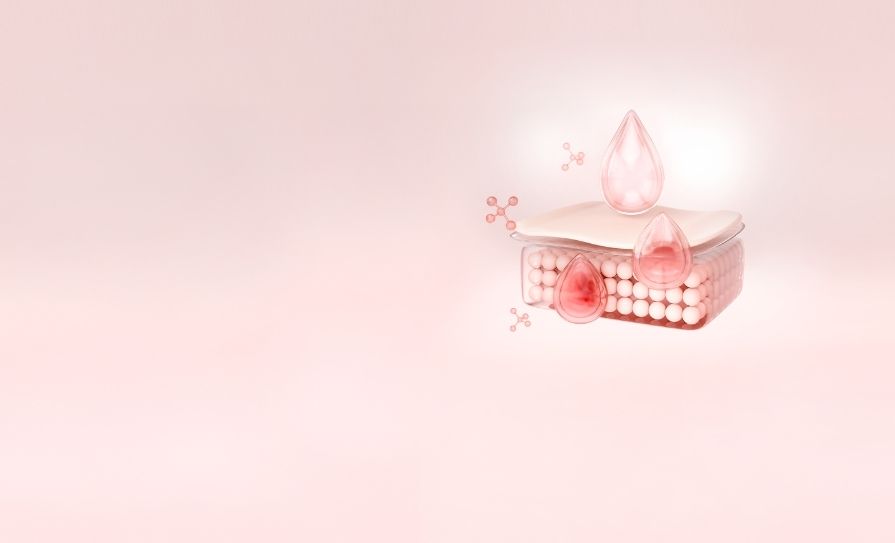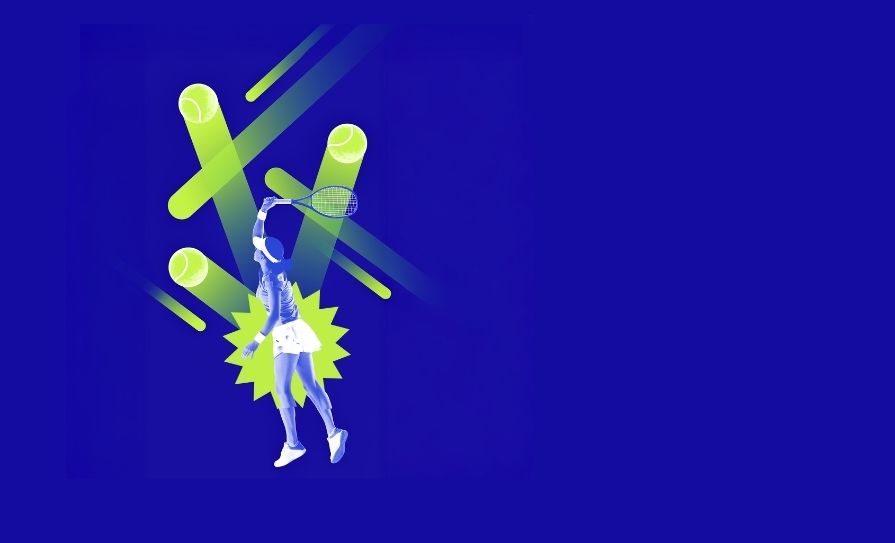
Certified trichologist Deborah Whelan outlines some of the more common causes of itchy scalp and its knock-on effects.
‘Itchiness’ is a word used to describe an irritating sensation on your skin that must be scratched, but once you do, the need to scratch becomes more severe. It is a cycle that can cause considerable distress and discomfort, often interrupting concentration and sleep and affecting mood.
COMMON CAUSES OF AN ITCHY SCALP
Pediculosis capitis
Head lice do not pose a serious health threat, but they are severe irritants. After about three months, untreated infections can cause repeated scratching and risk bacterial infection in the skin.
Adults are more likely to become desensitised to these bites as they grow older, which is why some elderly people can be unaware they have a lice infestation.
People are affected by three kinds of lice — the head louse, the clothing louse, and also the crab louse.
Head lice live in the head hair and eyebrows. Head lice, technically referred to as Pediculus Humanus Capitis, are wingless insects. Their translucent greyish-white bodies are 1-to-2mm in length and resemble a grain of rice with six legs. Their heads have two tiny eyes (too small to be seen without magnification) and two small antennae (usually visible).
Surrounding their mouth are six pairs of hooks, which they attach to the scalp for feeding. The mouth contains two retractable needle-like tubes that pierce the scalp.
These tubes inject salivary juices into the scalp to prevent blood from clotting, and then the lice feed.
Lice usually live for about one month, during which time they breed frantically. Male lice mate an average of 28 times a day. Typically females outnumber males five-to-one, resulting in the laying of around seven
to-eight eggs every 24 hours.
Lice eggs are called nits. Nits hatch in about seven-to-10 days, leaving the empty shell stuck to the hair shaft.
The newborn larvae become adults in about a week. During this life cycle, larvae and adult lice deposit their faeces on the scalp. This causes itching.
Many effective lice treatments are available in pharmacies. They are usually very effective at clearing the infestation.
Often, two applications are required. The second application should be applied around seven days after the first to kill any newly-hatched lice before they can produce new eggs.
If left untreated, lice can cause severe itching and skin breakage, inflammation and irritation.
Psoriasis
Psoriasis of the scalp is a common cause of itching. This skin disease is a result of an immune system reaction. Psoriasis is not contagious. It is hereditary and passed along genetically. Forty-five to 55 per cent of people with psoriasis on the body also have scalp psoriasis. When the psoriatic plaques of psoriasis are scratched or picked, the skin will likely bleed.
These plaques form because the skin cells grow much faster than normal. Scalp psoriasis can also affect the hairline, forehead, back of the ears and back of the neck.
It can appear as fine scaling or thick, crusted plaques. Scalp psoriasis appears white or silverish in colour. There are several options for treating scalp seven-psoriasis. Trichologists (scalp specialists) often combine ultraviolet light therapy and laser therapy with hydrating scalp creams formulated to reduce itching and inflammation, slow skin cell growth and dislodge the layers of skin cell build-up.
Vitamin or mineral deficiency
Sometimes, trichologists are consulted about scalp itching and cannot see any obvious cause of the condition. Most itchy scalp conditions involve a lack or excess of scalp oil, broken skin or an excess of skin cell growth. There would usually be scaling, papules or pustules, inflamed hair follicles, scar tissue or follicular abnormalities. A lack of any such obvious problem may indicate that the cause could be a nutritional deficiency.
A blood test will show whether that may be the underlying cause.
A deficiency of vitamin B12, vitamin A, vitamin D or iron can cause itchy skin and scalp. A lack of essential fatty acids in the diet can also cause skin itching.
Contact dermatitis
Contact dermatitis on the scalp will often result in itching. It is caused by a reaction to the chemicals in some shampoos, hair dyes or other grooming products. It may be that the person has an allergic reaction to certain ingredients that are that in the product, or that the ingredients simply irritate the skin.
This condition will be recognised by your trichologist and can be treated if necessary.
Author: Deborah Whelan MIT is a Registered and Certified Trichologist. She has been a member of The Institute of Trichologists (London) since 1992. Deborah is based in Galway since 2005 but she also holds clinics in Dublin. www.trichologist.ie, email: info@ trichologist.ie. Phone: 091 565148.
